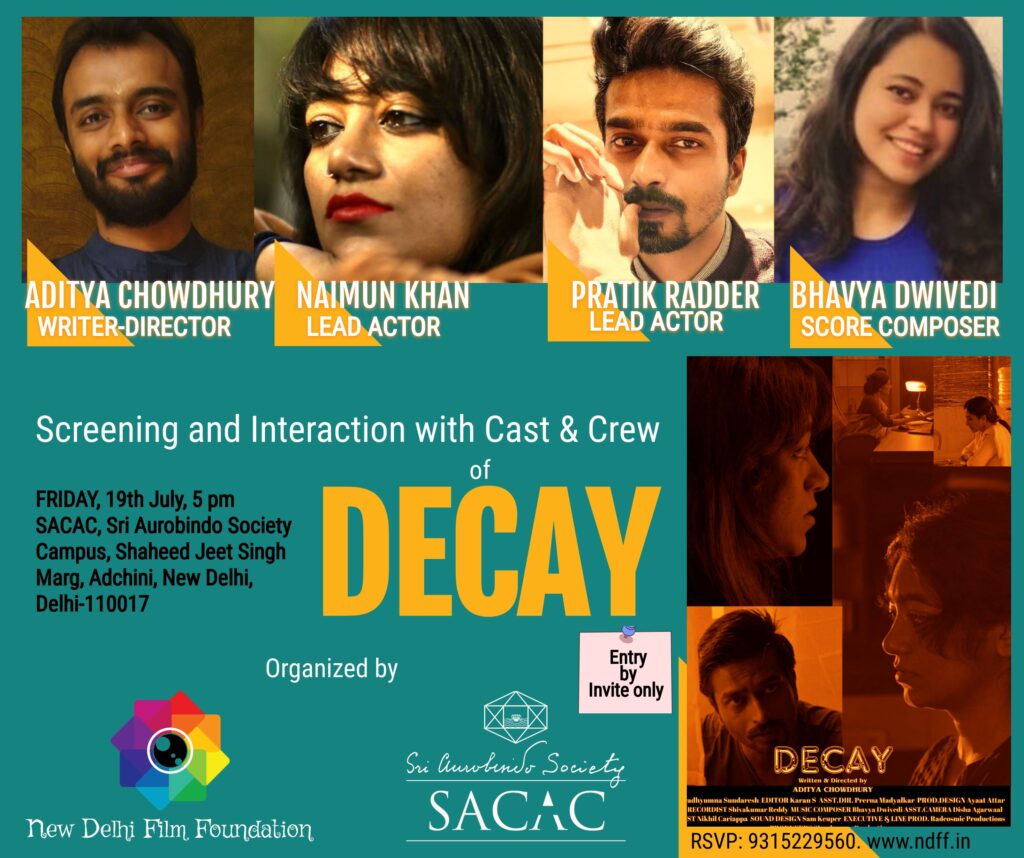Haseen Dilruba: A Story of Love, Lust, Retribution And Loneliness


Haseen Dilruba with Tapsee Panuu as the main lead has premiered on Netflix on July 2. The film is directed by Vinil Mathew who has directed Hasee Toh Phasee (2014) before this and written by Kanika Dhillon who earlier wrote Judgemental Hai Kya and was also co-writer of Kedarnath. Here Rachit Raj gives you a first day first show review of the film. Rachit prefers to be called a film critic by accident, an academician by design, and a storyteller by choice.
Haseen Dilruba wants to be a lot of things at one time, never truly becoming one without the haunting shadow of the other. Kanika Dhillon takes a hefty challenge up her sleeves here, trying to squeeze in almost all the major elements of her creative journey in one dynamic, palatable narrative. This makes the film both, a tiring exercise, and an entertaining drive. To put it in mild terms, the film is a better relationship drama than a murder mystery.

Set in Jwalapur, the film revolves around Rani (Tapsee Pannu), a girl from Delhi who lives with her husband, Rishu (Vikrant Massey), and his parents in the Uttarakhand town. Theirs is an arranged marriage where the man is too vanilla to be attractive to a complex, grey woman. She is a femme fatale stuck in a sexless marriage in a North Indian small town. Rani is feisty, and opinionated. She is the girl who the world would call badtameez, but Dhillon gives the character a good blend of ferocity and vulnerability to make her struggles in a passionless marriage work, despite some inconsistent humour.

Rani appears to be the long-lost twin of Rumi (Pannu) from Manmarziyaan, another film that tackled its lighter moments better than the intense emotional complexity that it hinged significantly on. In Haseen Dilruba, though, Rani’s feistiness feels less authentic than the mindless rebellion of Rumi, who seemed to come from a better created world.
This may go down to the pitch and portrayal of Haseen Dilruba, though. Right from the beginning, the film adopts a tone that feels a little too commercial for the narrative. The humour, despite engaging, attempts to be catchier, than smart. Everything is spelt out in a song or a dialogue, erasing the subtlety that Kashyap found in his direction of Manmarziyaan. It does not help that characters fall in love with one another too conveniently to feel authentic.

Vinil Matthew does a good job of establishing the story, and his characters, but unlike Kashyap who developed an edge in a story by Kanika Dhillon that was not the most original at the conceptual level, Matthew tells the story not like a whodunit, or a musical ode to a culture, and characters hailing from that world, but simply a sequential drama. This works when the drama leads from the front, but not when the suspense nears its unraveling.
The characters, however, are quite intriguing – a constant with the writing of Dhillon. In Massey’s hands, Rishu is especially fantastic. While Pannu struggles with the louder parts of the first hour, Massey balances his act of a hopeless lover, and a frustrated married man perfectly. Some of the best bits of the movie shine beyond their written abilities due to Massey and his understated chemistry with Pannu. A pivotal scene right at the cusp of the halfway mark is especially remarkable. A reflection of how the best of actors do not need words, or a lengthy moment to shine in a story.

Harshvardhan Rane as Neel, Rani’s love interest, has little to do except look exceptionally admirable physically, and he manages to do that with aplomb. The dynamics between these characters is interesting, and the film is at its best when it explores the mad rage of Rishu or the resolute resistance to a normative submission by Rani.
Dhillon seems to be trying to make a larger point about women being looked at as the wrong-doers in every situation. The system is convinced that she is behind her husband’s murder, while in a flashback that captures the majority of the film, every man – from Rishu, to Neel, to the boys hanging out in the gully – pokes a finger of accusation on Rani’s character. Through each of these verbal assaults, we see Rani go from a feisty, opinionated woman to a submissive, quieter housewife. It is an arc that Pannu captures wonderfully, and helps grounding the second half in the realism where the character and the actor work the best.
The biggest problem with Haseen Dilruba, though, is its final act (as I stated earlier, it works decently as a relationship drama but not quite as a murder mystery). The final reveal is both predictable and unsatisfactory. It turns a boiling suspense into a derivative cop-out. Dhillon runs away from a morally complex finale, finding her solace for a disappointing reveal in the mediocrity of another storyteller.

This is where the story unravels itself for what it truly is. The critique of how men look at a woman seeking out a sexual partner away from marriage is not sharp enough, the intriguing, and craftily shot bits of Rishu’s rage that feel robbed from another movie, altogether, do not lend its shadow over the narrative long enough to become exciting. Everything in Haseen Dilruba is a beautiful progression of a thick relationship drama. It is a story of love, lust, retribution and loneliness, all undone by its obsession to be more than just a relationship drama.
Like in her previous ventures, Dhillon struggles with her end here. An obsession with a boxed, predictable end has ruined multiple stories by her that could have left a lasting impact on the audience. In Haseen Dilruba, the creative minds involved go for an end better suited for only one of the two genres it has a lasting fling with throughout its runtime, making for a disappointing end for a film that promised much more in its strongest moments.




